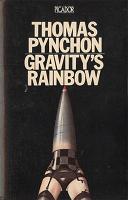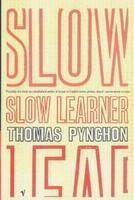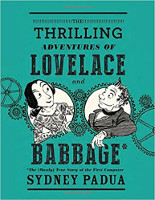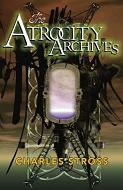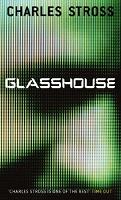 Charles Stross is a Scottish SF writer, with, to date, 21 novels, 2 collections, a plethora of short stories, and several major Awards to his name. His latest book – The Apocaplypse Codex (Book 4 in the Lovecraft/Geeky crossover Laundry Series) is due out in July 2012.
Charles Stross is a Scottish SF writer, with, to date, 21 novels, 2 collections, a plethora of short stories, and several major Awards to his name. His latest book – The Apocaplypse Codex (Book 4 in the Lovecraft/Geeky crossover Laundry Series) is due out in July 2012.
Glasshouse, in contrast, was published in 2006, and has spent ways too much time deeply buried in my reading midden... but, as they say, rather late than never!
The story picks up with Robin working his way through his post-memory-surgery (in his case a substantial erasure of nearly all his memories) dissociation. We follow him as he hooks up with Kay, another surgery patient undergoing therapy before being allowed back into society, and learn (as he does) that someone wants him dead, presumably due to his former life (which he cannot remember).
Robin flees into the conveniently available offer to participate in an experiment to re-create a 20th Century society, of which only a limited amount is known.
“There's a gap in the historical record, which jumps straight from carbon ink on macerated wood pulp to memory diamond accessible via […] intentionality protocols. Somewhere in that gap is buried the origin of the posthuman state.”
This is where I found the book to become rather tedious for a while – whilst it is quite fun to observe Robin (or, rather, Reese as she is now known in this 'Polity') trying to settle into a 1950s style society with significantly fewer freedoms, and much more societal structure than what s/he is used to - this rather quickly becomes repetitive and tedious.
I'm glad to report, though, that this was a temporary problem only, and that the book, after the rather long and slow scene setting and start (nearly a 3rd of the book!), actually picks up the pace, the pieces, the action, and takes you with it – accelerating all the way!
The story plays in an interesting world/universe, post-acceleration (and no, in contrast to what some people believe, this is NOT a sequel to Accelerando) and post-censorship-war.
There are multiple 'polities' – linked by T-Gates (wormhole transfers, distance irrelevant) and A-Gates (Assemblers), which allow you to back you up, to change your body, or, should you (or someone else – think logical worm to edit history...) wish so, to edit the content of your mind before re-assembly.
All of this (esp the different societies and the body changes) are, again, strongly reminiscent of Accelerando, but are real-space and real-time here. Other parts reminded me of Bank's Surface Detail (which is newer, though...) or, in its multi-level pop-in/out which the A-Gates allow, of Cronenburg's ExitenZ.
The story is heavily interspersed with historical info dumps, mainly from Robin's partially erased memory. The author occasionally pokes fun @ our society and behavioural patterns, pointing out their limitation, contradictions, and general illogical human-ness. Nicely done, in most parts...
“We know why the dark age happened – our ancestors allowed their storage and processing architectures to proliferate uncontrollably, and tended to throw away old technologies instead of virtualising them.
For reasons of commercial advantage some of their largest entities deliberately created incompatible formats and locked up large quantities of useful material in them so when new architectures replaced old, the data became inaccessible.”
Sounds familiar?
In summary – an enjoyable and clever book, with maybe a bit too slow a start and a few disassociative and disorienting lurches in perspective and setting (done on purpose for the story). Overall fun, for all the right reasons.
Title: Glasshouse
Author: Charles Stross
Reviewer: Markus
Reviewer URL: http://thierstein.net
Publisher: Orbit
Publisher URL: http://www.orbitbooks.co.uk
Publication Date: 2006
Review Date: 120610
ISBN: 978184149393
Price: UKP 6.99 RRP
Pages: 388
Format: Paperback
Topic: SF
Topic: Sociology



